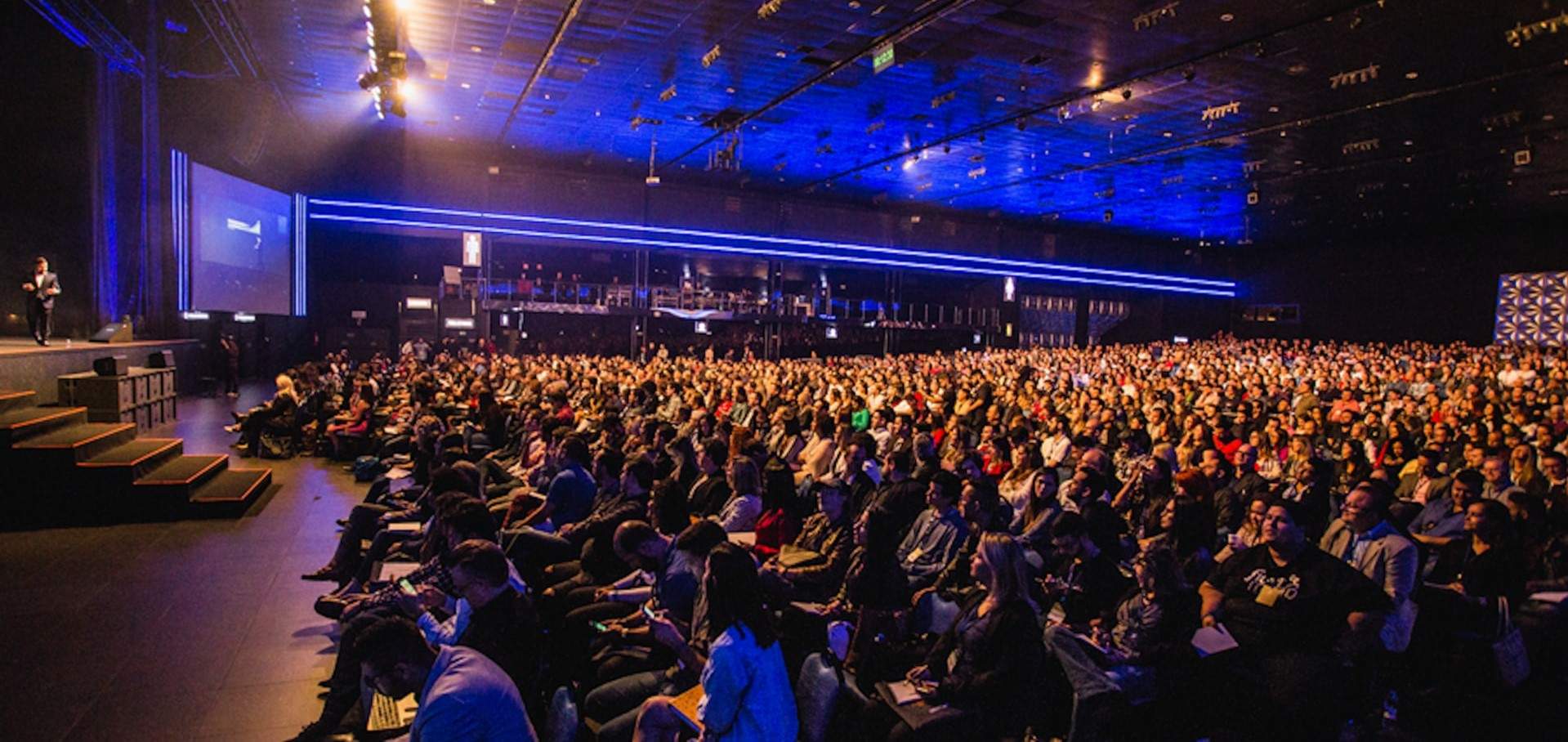How Conferences Shape Industry Trends
How Conferences Shape Industry Trends
Blog Article
Essential Tips for Preparing and Taking advantage of Conferences
Attending meetings can be a crucial possibility for specialist development, yet the benefits are often contingent on effective preparation. Comprehending the conference agenda and setting clear purposes can dramatically boost your experience, while critical networking can cause fruitful connections. In addition, the preparation of products ensures you present on your own with professionalism. The journey does not end when the occasion ends; the follow-up procedure is similarly essential for sustaining partnerships and checking out prospective partnerships. To browse these aspects successfully, one should take into consideration several crucial techniques that can change a conventional conference right into a valuable occupation turning point.
Research Study the Conference Schedule
One of one of the most crucial action in getting ready for a conference is to extensively look into the meeting agenda. Recognizing the agenda allows attendees to determine crucial sessions, workshops, and audio speakers that line up with their specialist rate of interests and goals. By assessing the schedule, participants can prioritize occasions that will certainly offer the most worth and insight, making sure a tactical approach to their conference experience.
In addition to recognizing appropriate sessions, looking into the program allows guests to recognize the themes and trends that will be addressed throughout the conference. This knowledge can spark meaningful discussions and networking opportunities with peers and industry leaders. It also assists in creating insightful concerns that can boost interaction throughout Q&A sessions.
In addition, familiarity with the agenda can assist in smoother logistics planning, such as managing travel times in between sessions and taking full advantage of possibilities for casual conversations during breaks. Participants must also think about making use of tools offered by the seminar organizers, such as mobile apps or on-line platforms, to remain updated on any type of adjustments to the schedule. Comprehensive research makes sure that individuals are well-prepared to navigate the meeting properly, ultimately leading to a more enriching and effective experience.
Set Clear Objectives
Establishing clear objectives is crucial for optimizing the worth of going to a seminar. By developing particular purposes prior to the event, you can focus your initiatives on areas that straighten with your professional desires and rate of interests. Begin by determining what you intend to accomplish; this can range from obtaining understanding in a certain field, finding innovative methods, or discovering prospective cooperations.
Next, prioritize your objectives based on their relevance and significance to your present projects or profession trajectory. Consider the sessions you intend to attend, the audio speakers you desire to hear, and the subjects that resonate with your purposes. Having a well-defined function will certainly not only enhance your interaction during the seminar yet also enable you to assess the occasion's efficiency later.
Additionally, setting quantifiable objectives can supply you with a structure for analyzing your progress. For example, goal to accumulate a particular variety of insights or actionable takeaways from each session. Ultimately, clear goals work as a roadmap, assisting your seminar experience and making sure that you obtain considerable advantages that expand past the occasion itself.
Network Tactically
Accomplishing your seminar objectives usually hinges on reliable networking. Use social media systems, such as LinkedIn, to study guests and start conversations prior to the event.
During the meeting, be proactive. When introducing yourself, be clear and succinct regarding your expert history and objectives to make a memorable perception.
Follow up after the meeting with customized messages, sharing gratefulness for the conversation and recommending future partnership. This can aid solidify the link and maintain the dialogue open. Ultimately, critical networking has to do with developing long-term connections that can support your professional growth and improve your seminar experience. By being deliberate in your strategy, you can transform fleeting experiences right into valuable opportunities for collaboration and development.
Prepare Your Materials
Organizing and preparing your products well ahead of time is vital for an effective seminar experience. Begin by determining the crucial papers and sources you will need, such as your discussion slides, handouts, calling card, and any type of relevant study products. Conferences. Guarantee that all digital data are saved in conveniently obtainable styles and supported in several locations, consisting of cloud storage space
Next, think about creating a meeting folder, either electronic click here for more or physical, that combines all critical info. This might consist of the seminar agenda, a listing of essential contacts, and notes on sessions or workshops you plan to attend. Familiarize yourself with the conference format and schedule to maximize your time and networking chances.
If you are providing, rehearse your product extensively. This will certainly not only boost your self-confidence however likewise aid you recognize any type of gaps or areas that require improvement (Conferences). Furthermore, prepare a concise lift pitch regarding your work or company to facilitate networking

Follow Up After the Occasion
Complying with up after the event is vital for enhancing connections made during the seminar. This process not only strengthens relationships however likewise opens up the door for future cooperation and possibilities. Begin by evaluating the company cards and notes collected throughout the conference to determine crucial contacts and subjects of interest.
Send out personalized follow-up e-mails within a couple of days after the seminar, expressing thankfulness for their time and understandings shared during discussions. Reference certain discussions to remind them of your communication and enhance the individual link. Suggest a follow-up meeting or phone telephone try this call to explore More about the author possible cooperations or share additional details appropriate to their rate of interests. if proper.
Furthermore, think about connecting on professional networking systems such as LinkedIn, which can help with ongoing communication and partnership building. Share pertinent articles, resources, or understandings that may benefit your contacts, showing your value and involvement in the field.

Verdict
Finally, efficient prep work and engagement at conferences can substantially boost professional growth. By systematically researching the schedule, developing clear objectives, networking actively, and organizing essential products, attendees can maximize their seminar experience. Furthermore, thorough follow-up after the event serves to solidify links and explore potential cooperations. Implementing these methods fosters an efficient atmosphere for attaining individual goals and progressing professional networks within the market.
One of the most essential steps in preparing for a conference is to extensively look into the meeting agenda. By examining the schedule, participants can prioritize events that will offer the most worth and insight, making sure a strategic approach to their conference experience.
Having a distinct objective will not just boost your involvement throughout the conference yet likewise enable you to examine the occasion's performance afterward.
Eventually, clear objectives offer as a roadmap, leading your seminar experience and making sure that you derive substantial benefits that extend beyond the event itself.

Report this page